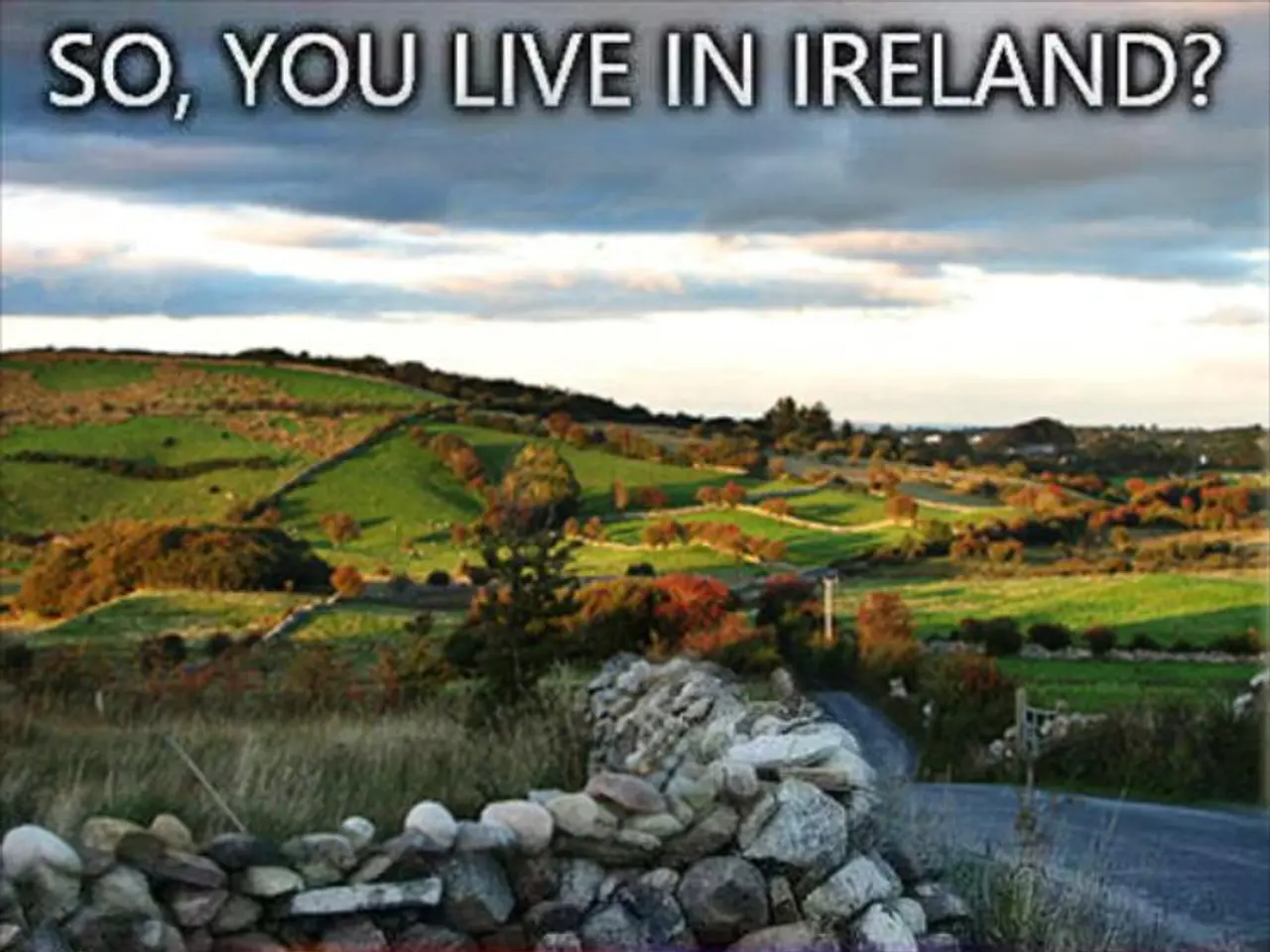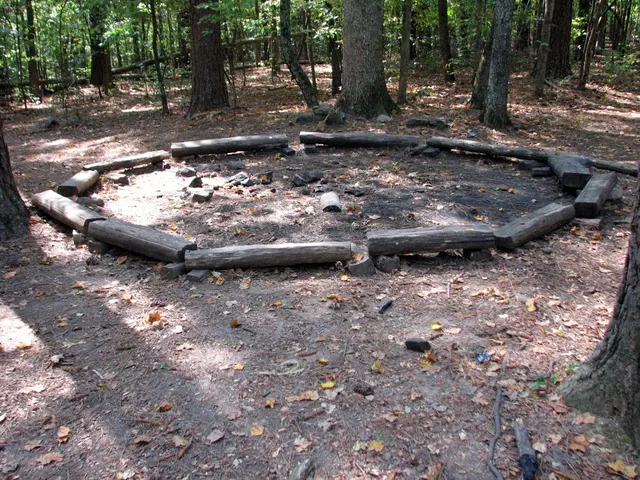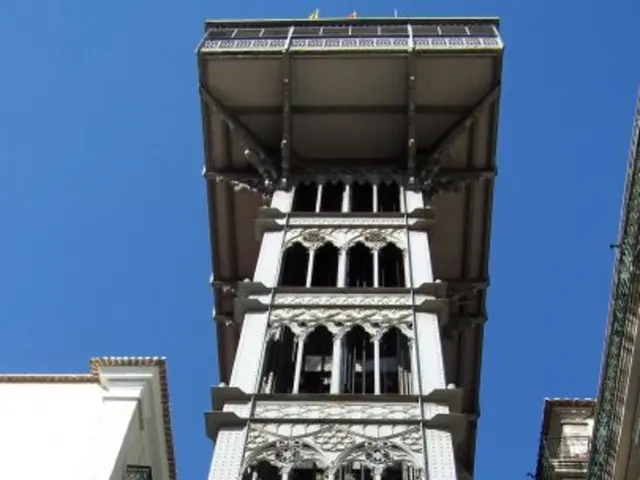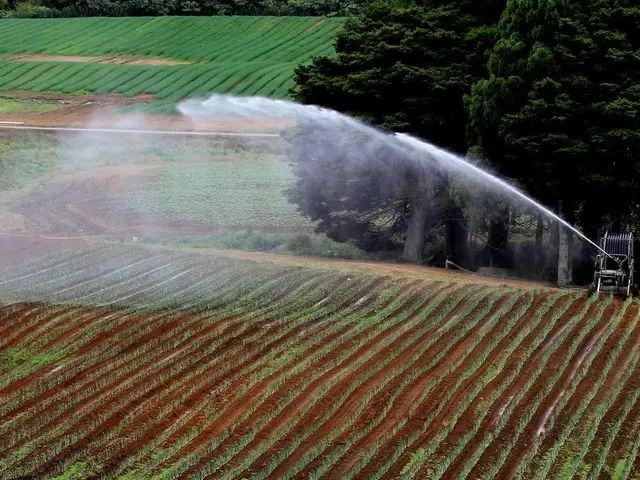Honduran Climate Deterioration and Fire Outbreaks Accompany the Pandemic Crisis
In the heart of Central America, Honduras is grappling with a double crisis: rampant forest fires and the ongoing COVID-19 pandemic. This year alone, around 500 forest fires have destroyed over 23 thousand hectares of forest, worth an estimated 28 million US dollars.
Before the 2009 military coup, watchtowers were in place to report on new forest fires and help coordinate extinction measures. However, these structures have been allowed to decay, leaving the country ill-equipped to tackle the problem.
The months of March and April, informally known as the 'season of the fires', have seen a surge in forest fires. Droughts in Honduras have depleted water reserves in forests and aquifers, slowing tree growth and making them more susceptible to fires.
Ignorance among the population about the impacts of forest fires remains widespread. The area around the capital city Tegucigalpa, home to over 1.2 million people, has been severely affected. Over 120 forest fires have caused a thick smog, making Tegucigalpa one of the most polluted cities in Latin America. Despite having no industry and a population size ranking 36 in Latin American cities, Tegucigalpa is one of the most polluted cities in the region.
The coronavirus pandemic and the need to contain it could potentially serve as an incentive for the government to combat forest fires. However, the Honduran government acknowledges the problem but is both unwilling and unable to address it due to weak public institutional structures caused by a history of corruption. So far, the authorities have not made a serious effort to ease the pandemic by fighting forest fires.
The agricultural sector in Honduras, which employs over 40% of the workforce, has been particularly affected. Over 99% of the forest fires in Honduras are man-made, often intentionally set by farmers, illegal tree cutters, and construction companies. Climate change has negatively impacted Honduras' agriculture and economy, and has increased the frequency of natural disasters.
Few educational programs exist to alert the general public and landowners about the dangers of using fire as fertilizer. In addition, some international assistance initiatives have been involved, but their measures have been insufficient.
The President of Honduras, Hernandez, has declared the pandemic as one of the greatest challenges in the country's history. The outcome of next year's general election may depend on how he manages it. The President's ability to address the forest fire issue could also play a significant role in shaping the nation's future.
As Honduras navigates these crises, the need for sustained government action and public awareness about the importance of preserving its forests becomes increasingly urgent.
Read also:
- Celebrated Title: Cheesemakers Blessed Upon
- Construction and renovation projects in Cham county granted €24.8 million focus on energy efficiency
- Threat looms over an ancient rock art site in Australia as the government prolongs the existence of a giant gas facility nearby
- Weekly proceedings in the Federal Diet (Bundestag)








